Any borrower receiving a PPP loan was required to make a good faith certification of the need for the loan. You may recall that the SBA initially indicated they would review all loan applications to determine the validity of your good faith certification. Those who were unsure of their good faith certification could repay the PPP loan by May 7, 2020 (extended to May 14, 2020) to avoid SBA administrative enforcement. The vagueness of that statement by the SBA created significant confusion and fear, and many borrowers considered simply giving their PPP money back. Just before the extended May 14 repayment deadline, the SBA relented, issuing a clarification that borrowers with PPP loans under $2 million would be deemed to have made the required certification concerning the necessity of the loan request in good faith.
That same guidance further stated that those borrowers with PPP loans of $2 million or greater would receive additional scrutiny from the SBA related to their loan necessity good faith certification. However, even if the SBA determined there was not sufficient basis for making the good-faith certification, as long as the loan is repaid, there would be no administrative enforcement or referrals to other agencies.
As a result of the SBA clarification, most PPP borrowers decided to keep their loans, utilize the funds as required and complete the forgiveness application when all funds were exhausted. For those with PPP loans of $2 million or greater, the SBA is following through on their promise to give further scrutiny to your loan necessity good faith estimate through these new forms as it will help the SBA gather information to assess your need for the PPP loan. The Business Activity Assessment and Liquidity Assessment sections ask questions about gross revenue, business disruption, cash on hand, net worth, owner compensation, owner distributions and debt prepayment. Noticeably absent are any questions related to the profitability of your business.
If you believe you will be asked to complete SBA Form 3509 or 3510, we recommend you read the form in advance to determine your responses to the questions. The forms allow for short explanations in certain areas, and we recommend you take advantage of those written opportunities to make the case for your PPP loan need.
If you have additional questions on Forms 3509 or 3510, the Moore Colson team is here to help. And if you have not started your PPP forgiveness application yet, now is the time. If you need help, contact us as our team has experience with forgiveness calculations, knows what to look for and can facilitate the process for you. Be sure to subscribe here to get our news and alerts as they are released as we are committed to keeping you updated on how to navigate financial challenges associated with the COVID-19 pandemic.
Bert Mills, CPA, is the Managing Partner at Moore Colson. In his role, Bert sets the vision and mission of the Firm and works closely with the Firm’s leadership to drive and implement strategies.
Chris Arnone, CPA, is a Partner and Business Assurance Practice Leader at Moore Colson. Chris has over 20 years of experience providing audit, accounting and consulting services for companies in the transportation, manufacturing, distribution, staffing, private equity and venture capital industries.
Andy Starnes, CPA, is a Partner and Tax Services Practice Leader Moore Colson. Andy’s specialties include corporate tax compliance and planning, business consulting and multi-generational planning with a focus on the construction, professional services and staffing industries.
Tyler Wright, CPA/ABV/CFF, CFE, is a Director in the firm’s Consulting Practice. Drawing on 15 years of experience as an external auditor, internal auditor, and forensic accountant, Tyler provides accounting and financial advice in forensic investigations and commercial disputes.

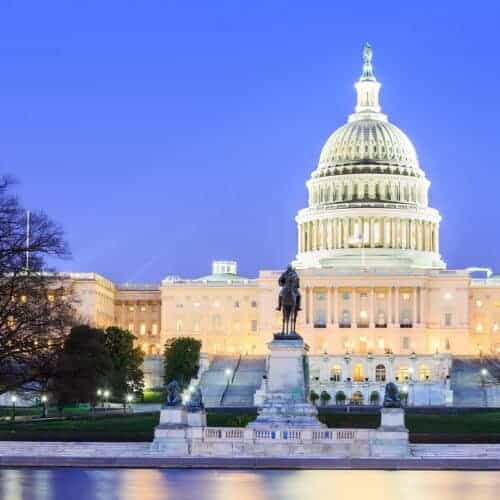

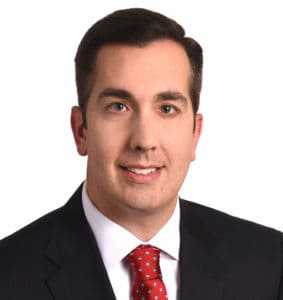

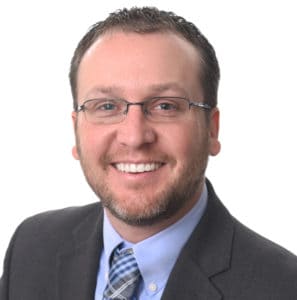
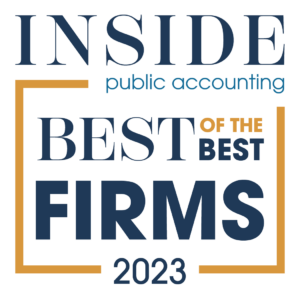
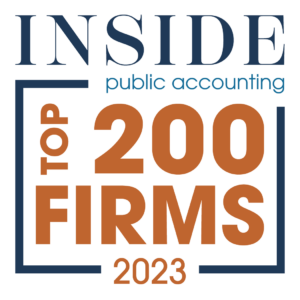
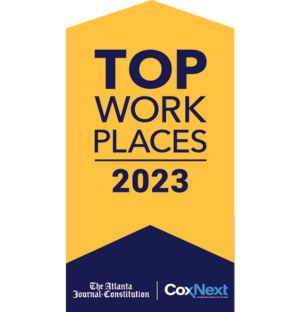
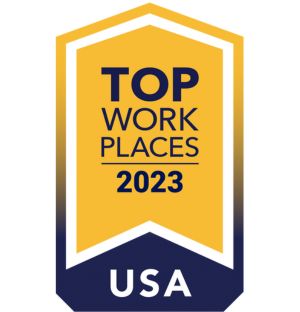
0 Comments